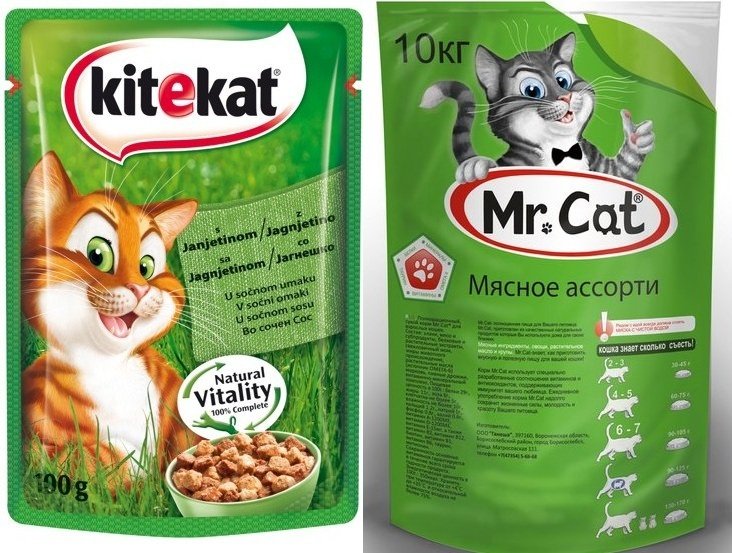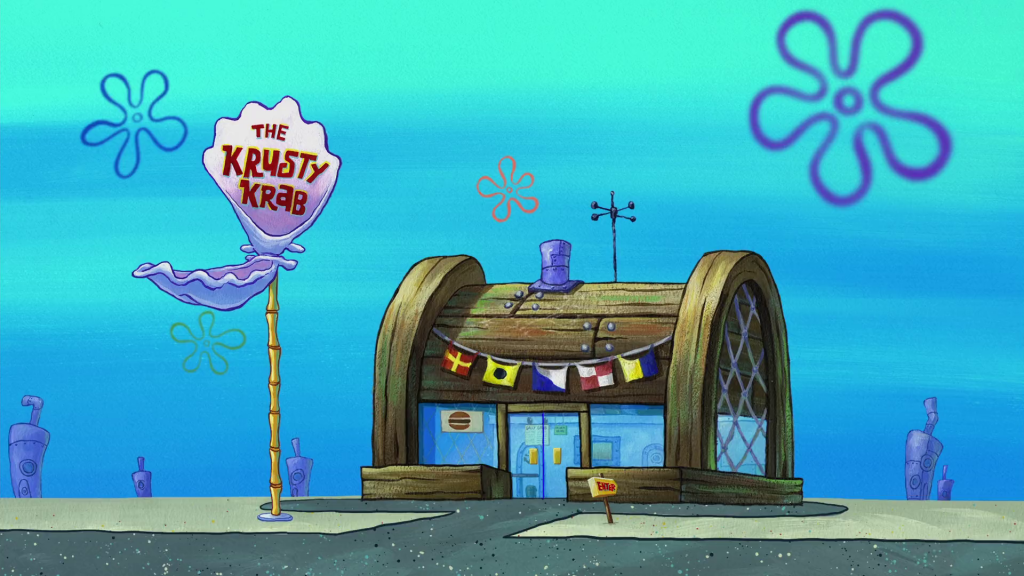One company – Mars Incorporated – has registered the trademark for cat food in EU. The production of this company is sold and available in many markets, including Russian market. But this company is not only one trading cat food in Russia. There is also Russian company from Borisoglebsk town. This company also sells cat food in Russia. The ways of these companies in Russian market have crossed thanks to their trademarks.
Comments closedCategory: Intellectual property
The EU copyright legal framework harmonises rights of authors and neighbouring rightholders and seeks to harmonise “exceptions and limitations” to these rights, although most of them are optional for the MS to implement. An “exception” to an exclusive right means that a right holder is no longer in a position to authorise or prohibit the use of a work or other protected subject matter: the beneficiary of the exception is already authorised by law to do so.
Comments closedIn the case of an unpublished database, an applicant may register all of the copyrightable material that appeared in the database as of the date that the registration materials are received in the U.S. Copyright Office. In the case of a published database, an applicant may register all of the copyrightable material that was first published on the date specified in the application.
Comments closedSony/ATV respectfully submits that the Consent Decrees should clarify, whether by amendment or otherwise, that each copyright owner (i.e., a music publisher) may, in its discretion, designate particular types of users or uses that the owner will authorize ASCAP or BMI (as the case may be) to include in their respective collective licenses, with the copyright owners exclusively reserving the right for themselves to license such rights to all other users or uses. ASCAP and BMI also should be required, on a nondiscriminatory basis, to accept these limited grants of public performance rights from copyright owners.
Comments closedViacom International, Inc. (Viacom) sued IJR Capital Investments, L.L.C. (IJR) for infringing on its common law trademark of The Krusty Krab – a fictional restaurant in the popular “SpongeBob SquarePants” animated television series – after IJR took steps to open seafood restaurants using the same name. The district court granted summary judgment to Viacom on its trademark infringement and unfair competition claims. IJR appealed, asserting that Viacom does not have a valid trademark for The Krusty Krab and that its seafood restaurants would not create a likelihood of confusion between the two marks.
Comments closedGreat Minds is a non‐profit organization that designs educational materials. These include a copyrighted curriculum called “Eureka Math” (the “Materials”). Great Minds sells the Materials in book form and also releases them to the public without charge but subject to a “public license” (the “License”), using a template that is made available by a group called Creative Commons. The License allows “any member of the public to download, reproduce, and distribute the Materials pursuant to the terms of the License, which is made available to all on the same terms without the need to negotiate.”
Comments closedThe CONAN character was created in 1929 by Robert Howard. But the character remained relatively dormant until the 1950’s, when L. Sprague deCamp, a contemporary author, rediscovered and began writing books featuring CONAN THE BARBARIAN. Many of deCamp’s works were illustrated by Frank Frazetta. In 1970, the Howard estate licensed Marvel Comics to publish a series of comic books featuring CONAN THE BARBARIAN.
Comments closed
This is a copyright infringement action brought by the photographer Jacobus Rentmeester against Nike. The case involves a famous photograph Rentmeester took in 1984 of Michael Jordan, who at the time was a student at the University of North Carolina. The photo originally appeared in Life magazine as part of a photo essay featuring American athletes who would soon be competing in the 1984 Summer Olympic Games.
Comments closedThe proposed Publisher’s Right strikes a fair balance between the legitimate interests of all parties involved and therefore appears proportionate. It has been criticised that the decline in newspaper revenues does not have anything to with the activities of news aggregators or search engines.
Comments closedEU legislative intervention (i) requiring MS to put in place legal mechanisms to facilitate collective licensing agreements for all types of OoC works and to foster national stakeholder frameworks, and (ii) giving cross-border effect to such legal mechanisms.
Under Option 2, the presence of legal frameworks everywhere in the EU that allow for licences issued by CMOs to also cover the rights of outsiders would give CHIs the possibility to see their related transaction costs diminish considerably everywhere in the EU for the digitisation and dissemination of works. This would apply to all types of works. Under this option, it would be possible for the CHI to reduce that cost to the one of negotiating a single licence with a CMO. Licences concluded on the basis of such legal frameworks could have cross-border effect for all works too.
Comments closed
